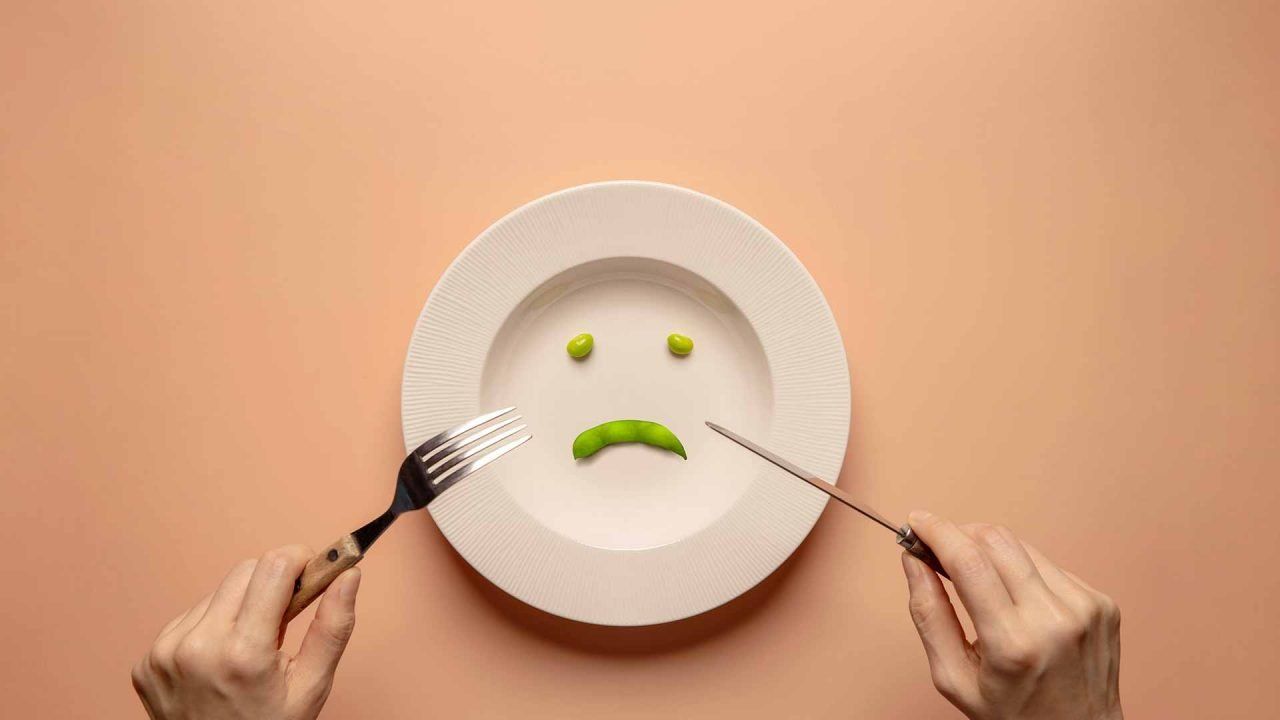Eating Disorders and Disordered Eating.......
If eating rules your life; if you struggle with control of eating and weight; if you may be harming your health; you may have an eating disorder.
An eating disorder is not an illness like measles. It is a mental health condition with harmful side effects. Many people worry about what they eat and how they look and do strange things to control their weight. But they don’t all have an eating disorder. You may have an eating disorder if eating rules your life; if your weight and shape is the most important thing about you; if your concerns about food are affecting your health and well-being and if people who love you are worried about you. An eating disorder can change over time. It can begin with restriction and evolve into binge eating. Some people have features of all the eating disorders from one moment to the next.
What kind of eating disorder do I have?
COMPULSIVE EATING OR BINGE EATING DISORDER is when you..........
- Overeat in secret, either all or some of the time
- Feel that your eating isn’t normal
- Feel guilty about what you have eaten and feel like a bad person
- Try all the time to lose weight or try to stop yourself from gaining weight
- Think and anguish about food all the time
- Feel out of control around certain kinds of food or any food.
BULIMIA...........
- You vomit, or take laxatives to get rid of unwanted calories, even if you have not overeaten
- Binge and purge in secret but behave normally in front of others
- You are diabetic and manipulate insulin for weight control -diabulimia
- You promise to stop but it somehow doesn’t happen.
ANOREXIA...........
- You feel huge, no matter what you weigh & you are terrified of weight gain
- Your eating habits are very restricted
- You hear a Voice telling you to keep eating less & berating you if you do eat
- Other people are worried about you
ORTHOREXIA You might have this if:
- You are obsessed with clean or pure foods
- Avoiding certain nutrients like dairy food or wheat is a survival issue
- Anxiety about the quality of food affects your life and relationships.
What does counselling for eating disorders involve?
For binge eating, compulsive overeating and bulimia, I advise weekly sessions in person, by phone or online. After an initial 90 minute assessment I will ask you to complete a Food Diary so that together we can find out what is triggering the problem and take steps to sort it out. We work holistically, to deal with stuck habits, emotions, self worth, body image problems, nutritional issues and food addictions which get in the way of your health and wellbeing. A treatment programme will always be adapted to your personal needs.
This requires a commitment of a minimum of 12 weeks although at least 20 weeks is recommended for most people, particularly for anorexia.


